Moroccan culture is steeped in tradition. It permeates every facet of life, from the kitchen and dinner table to the street corner and school; even language holds to traditional mores. There are certain Moroccan phrases or sayings that come almost automatically to Moroccans. If you enter a room, a taxi or a shop, you must greet everyone with a rousing hello. Those around you will answer in turn. To do otherwise would simply be … wrong.
This being the case, it’s easy to get the hang of these linguistic rituals. Here is a brief guide to some Moroccan phrases along with a few useful colloquial expressions. Some are handier than others, but none will go unnoticed by your hosts on your next holiday deal to Morocco. In fact, they’ll probably be thrilled that you, too, know their secret code.
Greetings in Morocco
Saalam uwaleekum – Peace be upon you: This phrase is used as a general greeting, but it is near mandatory to say it any time you enter a room or a vehicle. Large gatherings are constantly interrupted as newcomers arrive with a rousing “saalam uwaleekum!”
Wa’aleekum salaam – And also on you: The answer to salaam uwaleekum. If you happen to be in the vicinity when someone says hello, it’s considered rude—and rather odd—not to answer back.
For more informal greetings, sometime a simple Labas will suffice.This is more of a “how are things going” kind of question. The moroccan equivalent of the french ‘ca va’, and like in french the response can be tha same – Labas? Labas!
It is also quite acceptable to use the abbreviated less formal Saalam

A Few Polite Phrases in Morocco
Aafek – Please: Arabic for please, aafek can go a long way toward ensuring your hosts know that you appreciate their time and effort. While there are innumerable local forms of both ‘please’ and ‘thank you’ in Morocco, aafek will be understood everywhere.
Shukran – Thank you: Like aafek, shukran in the standard Arabic form and will be understood no matter where you go. And, like your mother always told you, you can never say thank you enough. If you are really thankful…Shukran Bezzaf – Thank you very much, will do the trick.
In the souks and the markets, a polite La Shukran – No Thank you is a much better option than ignoring that persistant merchant trying to sell you that carpet!
BssHa – Good Health: This word, pronounced “Bess Ha” is used to grant well wishes upon someone who has undertaken something new. You will most commonly hear it in Moroccan before you start eating or drinking.
Bssha to you for learning some Moroccan Arabic on our insightful blog about Morocco!
Llay tik saHa: To every phrase is a reply, and this is used in response to BssHa.
Some Colloquial Moroccan Expressions

There are a few words and expressions you will hear all around you on the street and in the medina all the time.
One of these is Wakha – OK: This is scattered liberally in conversation, as is Safi, which pretty much means the same thing – All Good, OK. It can also be used in a market situation to indicate you have enough or sufficient of what it is you are buying, when there is enough milk in your coffee, enough couscous on yur plate.
Another variation on the theme is Mashi Mooshkil – No Problem
If you are shopping you might like to know Bshal – How Much. And if that shopping takes you down the path of some good humoured bargaining you can throw your hands up in horror and respond with an astonished Bezzaff – Too Much!
Time to get moving, say to your guide Yallah – Lets Go.
A quick search on Youtube will take you to a few tutorials that will help with the pronunciation of these, and other useful Moroccan phrases. If you have time on your travels, sitting with your Phrase Guide while sipping your Atay – Tea, you will be sure to find someone at a nearby table only too willing to guide you through the basics for nothing more than a friendly Shukran Bezzaff – Thank You Very Much!
>>More helpful information about what you need to know about languages in Morocco.
 Written and updated by Pauline de Villiers Brettell
Written and updated by Pauline de Villiers Brettell
Pauline de Villiers Brettell is a freelance writer and designer who lives between the UK and Morocco. When in Morocco she is based in the small seaside village of Asilah, and spends time working with local weavers and sourcing textiles in between attempting to grow enough olives for an annual supply of olive oil! She writes about all of these things — the olives, the carpets, and other elements of design inspiration — on her blog Tea in Tangier: www.teaintangier.com.
Photos by Lucas Peters. Lucas is the principal photographer and author of the Moon Guidebooks: Morocco as well as Marrakesh and Beyond published by Hachette. He edited and contributed to the Our Morocco anthology and helps the travelers of Journey Beyond Travel experience the adventure of a lifetime. He lives in Tangier with his family.


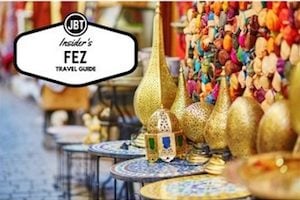
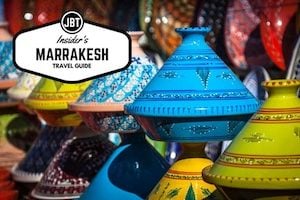
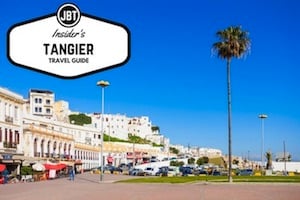
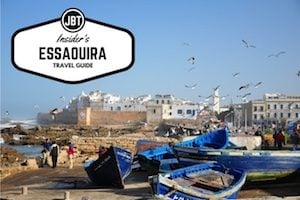
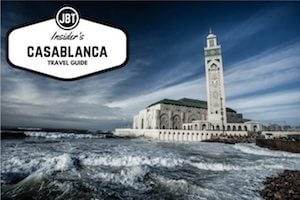
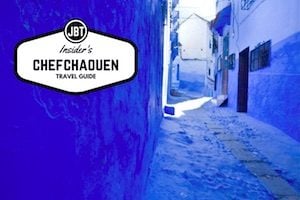
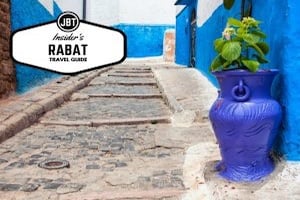
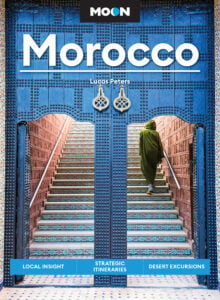
Funny